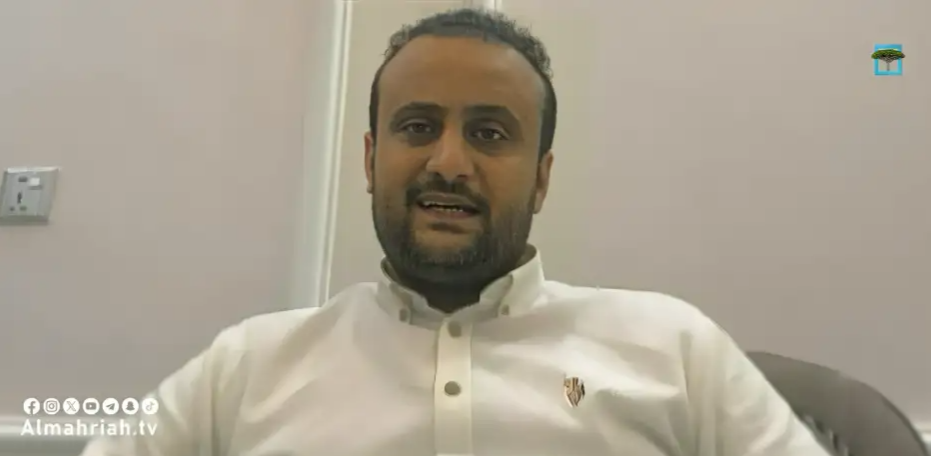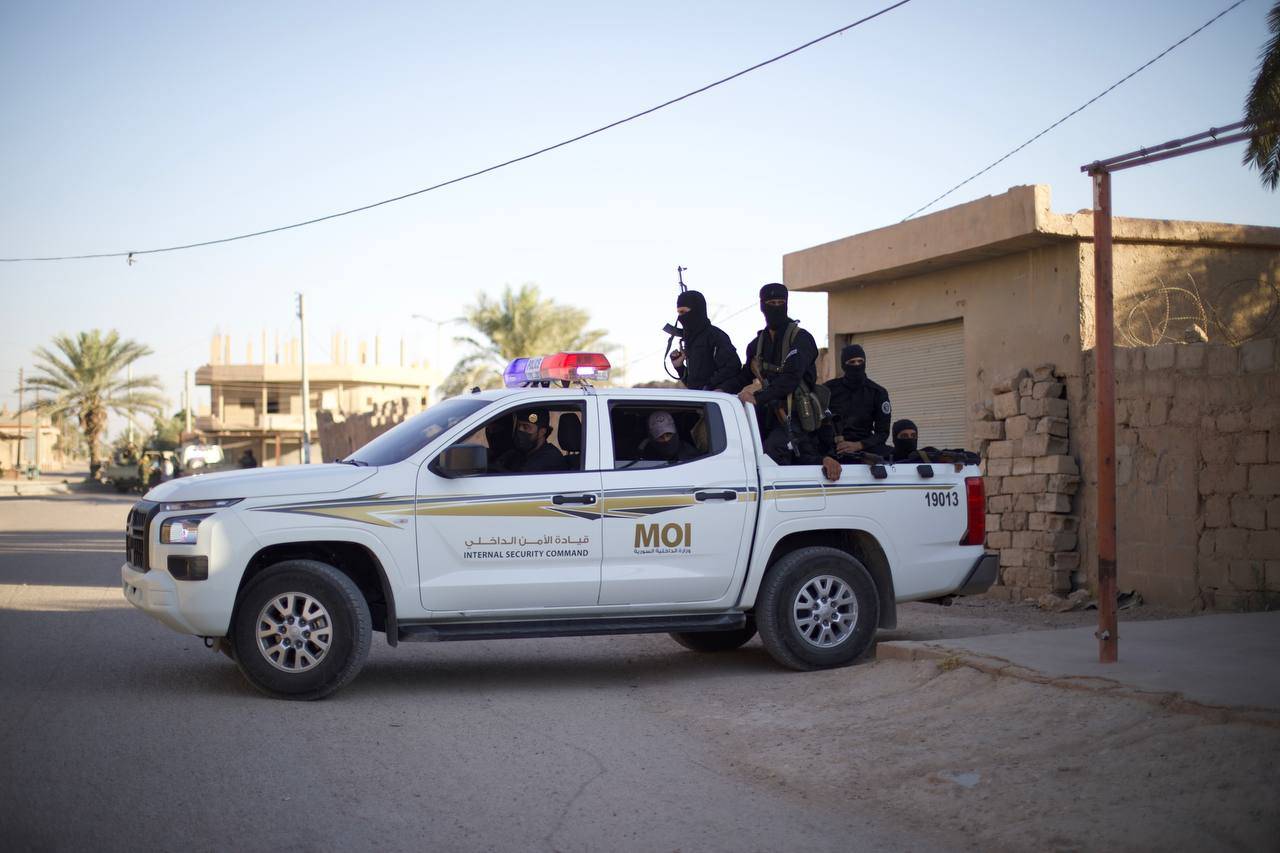
Barran Press
Former Yemeni Army Brigadier General Amjad Khaled has accused leaders within the Southern Transitional Council (STC) of orchestrating assassination operations in the city of Aden, the temporary capital of southern Yemen. In an interview with "Al-Mahriya" channel, seen by “Barran Press”, Khaled revealed that STC leader Hani Bin Buraik, along with other officers, including Muhammad Al-Bokri and Mahran Al-Qobati, approached him under the guidance of the Emiratis. They allegedly requested the elimination of several Aden leaders in exchange for $100,000 per assassination, which Khaled and his team vehemently rejected.
Khaled, who was recently sentenced to death by the Specialized Criminal Court in Aden, disclosed that after refusing to carry out the assassination operations, he received support and authorization from Ahmed Al-Musabi, the head of the National Security Service, Abdo Al-Hudhaifi, the head of the Political Security Service, and former Interior Minister Ahmed Al-Maysari, to maintain security and track down security threats within Aden.
The former commander highlighted the success of his team in apprehending an assassination cell targeting Aden's popular resistance leader, Adeeb Al-Eisi. Khaled claimed that the operation was orchestrated by leaders from the STC in collaboration with the Emiratis. He also presented evidence indicating the involvement of STC leaders, including permits issued by the Resistance Affairs Office, which was under Emirati supervision.
Khaled further revealed that his team had successfully apprehended multiple assassination cells, including those responsible for the murders of Adel Al-Monsi, the director of Al-Bunyan School in Mansoura, and Adel Al-Shehri, the imam and preacher of Saad bin Abi Waqqas Mosque in the residential city of Inmaa.
The possession of such evidence has made Khaled and his team primary targets for the STC and the Emiratis, resulting in intense pressure, and targeting of individuals, officers, and their families. Ultimately, the Transitional Council issued a ruling against Khaled and eight others.
Regarding his death sentence, Khaled dismissed the verdict as a desperate decision lacking credibility. He emphasized his commitment to fighting against the Houthi rebels since 2015 and resisting the coup carried out by the Transitional forces in 2019. Khaled vowed that the ruling would not deter him from combating the "racist militia" that lacks any connection to the state.
On May 28, the Specialized Criminal Court of First Instance in Aden, the temporary capital of southern Yemen, issued a death sentence for Khaled and six others on charges of participating in an armed gang.
In response to the rulings, Khaled, in a video recording, expressed his refusal to acknowledge the judicial decision and described the court as "Transitional," implying its affiliation with the Southern Transitional Council. He claimed that the transitional government seeks to present itself as statesmen, imposing judicial rulings against political opponents. Khaled called for an impartial investigation committee in a neutral location to ensure a fair defense, citing threats and intimidation faced by lawyers appointed to represent them in Aden's courts, including the recent arrest of lawyer Sami Yassin.





